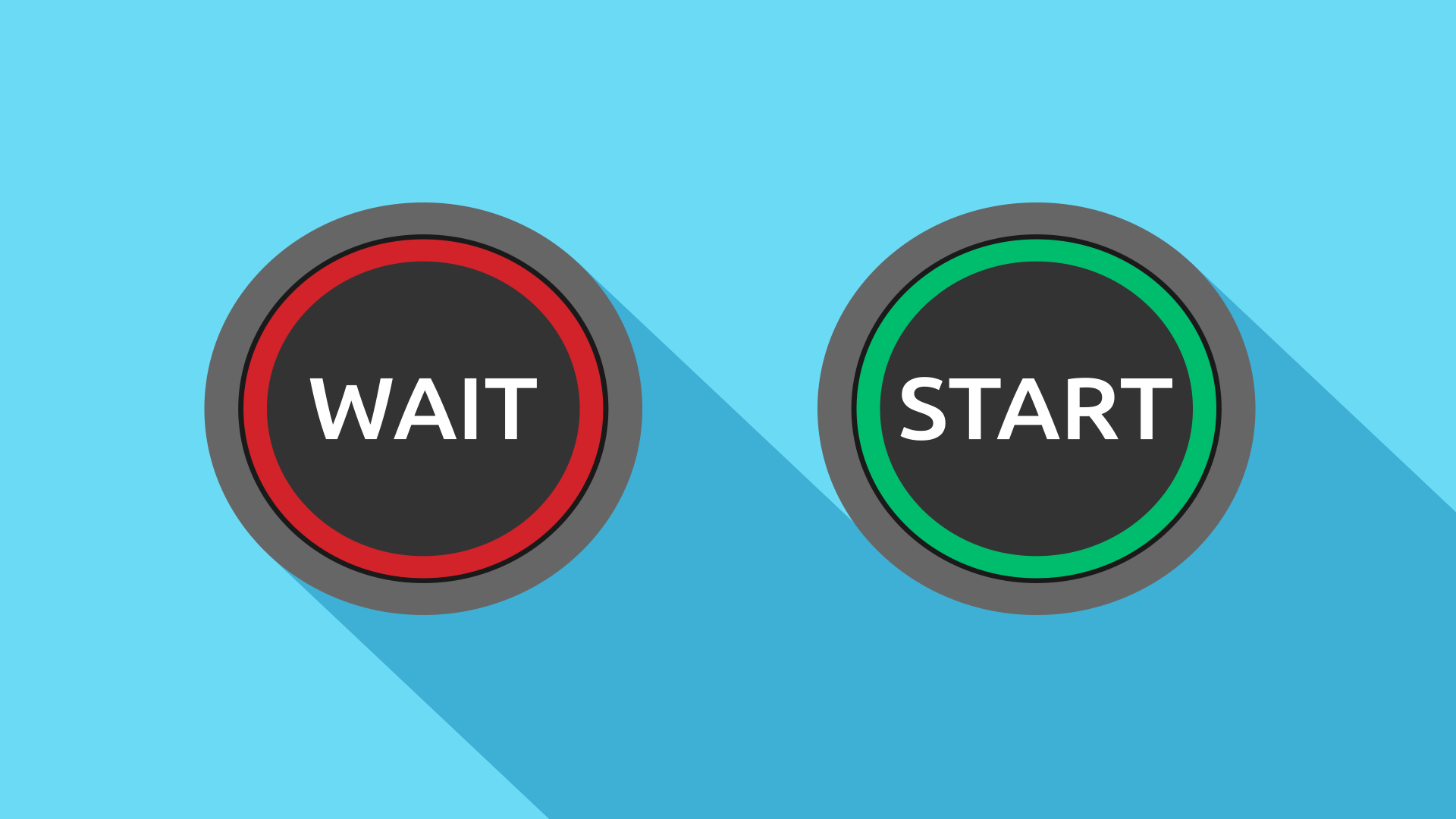
Procrastinate Now, Forget Later: Procrastination Hinders Knowledge Application
The human brain is hardwired to procrastinate, and this evolutionary inclination is directly reflected in our learning habits.
It all starts when we’re still in school. As students, we often leave studying until the last possible minute, maybe even longer. Then we pull all-nighters trying to review as much material as possible. If you’ve ever studied this way, then you’ve used an approach called massed learning.
Massed Learning
According to learning science, massed learning is “learning large quantities of material within a relatively short and consecutive amount of time”. While this learning approach can be stressful, it can also be really beneficial for students in some situations because it leads to strong short-term memory gains. This means that students who cram fortomorrow’s exam might actually be able to ace it.
The problem with massed learning is that it fades quickly. The knowledge never moves from short-term to long-term memory, so students forget all the crammed information within a few days.It’s a fine strategy for when you’re learning something you don’t really care about or something you think you’ll never use again (like the date of a battle in ancient Rome or how to use a protractor). But what if you need the learning to stick?
What if your career or livelihood rests on your ability to remember and apply a particular knowledge set or skill?
Transition from Student to Learner
Andragogy tells us that, as we transition from students to adult learners, our intentions change. We don’t just want to pass tomorrow’s test, we want to truly master and be able to apply the knowledge that’s relevant to our career and workplace performance. (Learn more about andragogy here.)
But while our learning intentions change, our learning habits stay the same. Because it worked for us in school, we still think we can get away with massed learning in the workplace. So we putoff required training until the last minute or procrastinate our presentation preparation until the night before. The difference now is that the stakes are much higher and we’re more deeply invested in the long-term outcomes of our learning – like true mastery, improved performance and on-the-job application. For adult learners, massed learning just won’t cut it.
Spaced Learning
In fact, science tells us that the best learning approach for long-term mastery and application is something called spaced learning – learning large quantity of materials through a spaced out schedule, i.e. a session a day for a week. Research shows that spaced learning improves a person’s ability to recall the learning and apply it in the long term (months and years, rather than mere days with massed learning.) It also makes for a more positive, less stressful learning experience because it actually builds the fundamentals necessary for true mastery (rather than encouraging a fake it until you make it mentality).
At Fulcrum Labs, our focus is on knowledge and skills application. In fact, our platform both verifies application-level mastery and predicts those who are at risk of not applying the skills and knowledge back on the job… such as those crammers and procrastinators. That’s why our platform fully embraces a spaced learning approach.
For example, because attention spans typically range from 10-30 minutes, our technology encourages learners to engage in short learning sessions – typically 30 minutes a day. Additionally, the spacing inherent in our micro learning format creates organic points for learners to take a break so their brains have time to consolidate newly learned information and store it in long-term memory, rather than cramming it all in. As a result of the spacing engineered into our platform, learners are able to remember the learning and accurately apply it long term. And the overall learning experience is less stressful, more effective, and more beneficial for personal development.
For more information about how we incorporate spaced learning into our platform, watch our video. Or check out how we help learners build time management skills that help them maximize the benefits of spaced learning.
Sources:
https://www.realsimple.com/work-life/life-strategies/time-management/procrastination
https://www.ncbi.nlm.nih.gov/pmc/articles/PMC2656877/
https://bjorklab.psych.ucla.edu/wp-content/uploads/sites/13/2016/07/Whitten_RBjork_1977.pdf
